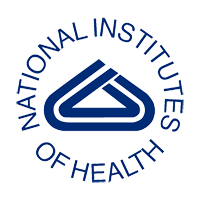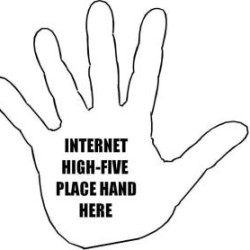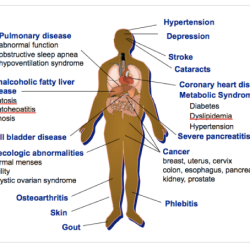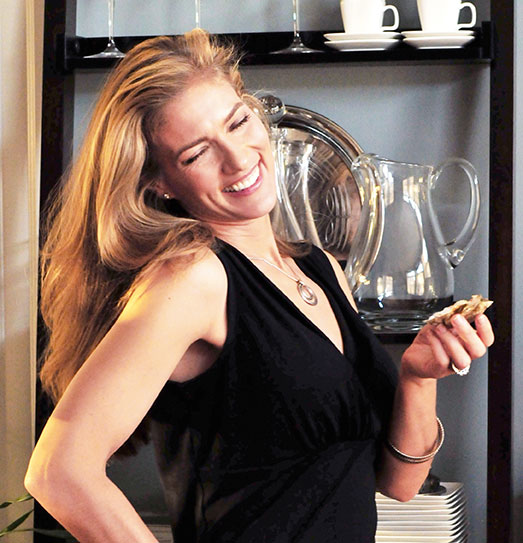Tuesday, January 31, 2012
 Science Makes the World Go ‘Round
Science Makes the World Go ‘Round
It’s been said that “Love makes the world go ’round.” Well, sung, rather, as that’s a song from the musical Carnival. It’s a metaphor, I know, but I nonetheless feel the need to point out that while love, art, and sport may make life more pleasant, ’tis science that makes the world go ’round.
I’m not trying to be overly analytical—though it wouldn’t be the first time—and I don’t go around singing this modified version of the song. (Well, not usually. Sometimes.) I simply like to say this when the occasion presents itself to remind people that science should not be overlooked. Like oxygen in the air, science is essential yet we don’t always see its role or stop to appreciate its value. As well, alternative explanations to explain the world are frequently delivered from charismatic personalities with louder voices, often drowning the quieter sounds of science.
(Yes, I did just say sound of science, which may just be my worst pun. Ever.)
My own discipline is no exception, as the world is replete with individuals proselytizing nutrition who have no scientific expertise whatsoever. I do not want you to fall prey to such smoke and mirrors—I’m reminded of the Wizard of Oz—which brings me to my fourth strategy for you to consider when thinking about diet and weight loss: Look to Science.
Learn to Distinguish Science From Anti-science
 Look to science, she says. Easier said than done in today’s day and age, I know. Indeed, identifying scientifically sound guidance—what health professionals and physicians often refer to as “evidence-based”—can be rather tricky given the constant flow of (mis)information spewing from all sources. This is why how science is perceived, presented, and discussed by popular writers, politicos, and comedians is a theme I will continue to develop on this blog to help readers differentiate between nutrition fact and myth.
Look to science, she says. Easier said than done in today’s day and age, I know. Indeed, identifying scientifically sound guidance—what health professionals and physicians often refer to as “evidence-based”—can be rather tricky given the constant flow of (mis)information spewing from all sources. This is why how science is perceived, presented, and discussed by popular writers, politicos, and comedians is a theme I will continue to develop on this blog to help readers differentiate between nutrition fact and myth.
The National Institutes of Heath (NIH) is also trying to assist consumers recognize legitimate health advice. Summarized below are some suggestions from the National Center for Complementary and Alternative Medicine and the National Institute on Aging, with my additions in italics.
How to Sort Science Fact from Science Fiction
- Who runs the site? Are you able to easily identify and contact the sponsor?
- Who pays for the site?
- What is the purpose of the site?
- From where (and who) does the information come? Is it a legitimate scientific source with credentialed scientists and/or health professionals?
- What is the (scientific) basis of the information? Are scientific references provided? (Personal anecdotes and stories do not count.)
- How is the information selected and reviewed?
- Does the website make claims that seem too good to be true? Are quick, miraculous cures promised?
- How current is the information? (Science evolves, so year of publication matters.)
- How does the site choose links to other sites?
- What information does the site collect about you and how is it used? Is your privacy protected?
To the above list I’d also add a few of my own tips, such as beware of (nutrition) products or advice based on magic bullets, panaceas, anecdotes, single-study sensationalism, or quackery. Quackwatch is a great website dedicated to helping people recognize anti-science and make intelligent health decisions, by the way; check it out. And, while basing media reports on a single study makes for interesting news, and sometimes a single report can make an important scientific contribution, replication and consistency of findings are required before research is used to inform health decisions and policies. The Dietary Guidelines for Americans and Harvard’s Healthy Eating Plate, for example, are based on thousands and thousands of nutrition studies whose methods and findings are reviewed by highly trained scientists.
To recap: Look to science when seeking dietary advice, and employ the above tactics to help you sort science from anti-science. I hope I can also be of assistance to you in your quest for dietary truth. And don’t forget that science is ubiquitous, whether impacting our decisions what to eat, whether or not to get a vaccine, or even how to assemble a baseball team…
To read the conclusion of this riveting two-part series, click here.




